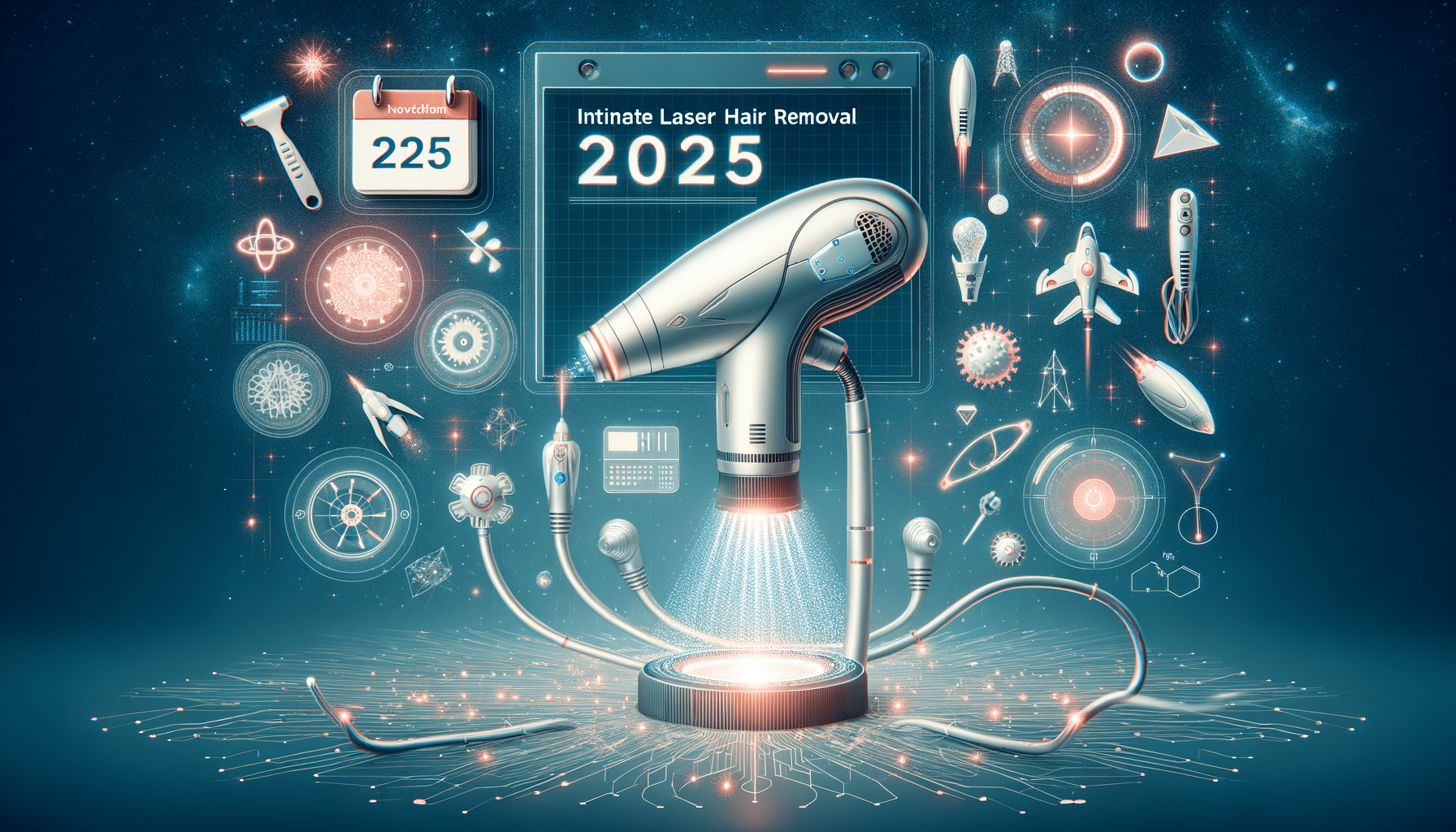
Exploring Nursing Opportunities in the USA
The Growing Demand for Nurses in the USA
The United States is experiencing a significant demand for nurses due to an aging population and an increase in chronic health conditions. This trend is expected to continue, making nursing one of the most promising career paths in the healthcare sector. According to the Bureau of Labor Statistics, employment for registered nurses is projected to grow by 9% from 2020 to 2030, which is faster than the average for all occupations.
Nurses play a crucial role in the healthcare system, providing essential services that range from direct patient care to health education and advocacy. The demand is not only for registered nurses but also for specialized roles such as nurse practitioners, nurse anesthetists, and nurse midwives. These advanced practice roles require additional education and training but offer higher salaries and greater responsibilities.
Several factors contribute to the growing demand for nurses, including:
- Increased access to healthcare services due to policy changes.
- A surge in the number of people with chronic diseases.
- The retirement of the baby boomer generation, leading to a higher need for healthcare services.
For those considering a career in nursing, the USA offers a dynamic and rewarding environment with numerous opportunities for growth and specialization.
Pathways to a Nursing Career in the USA
Embarking on a nursing career in the USA involves several educational pathways, each offering unique opportunities and challenges. The most common route is obtaining a Bachelor of Science in Nursing (BSN), which typically takes four years to complete. This degree provides a comprehensive education in nursing theory and practice, preparing graduates for a wide range of nursing roles.
For those seeking a faster entry into the workforce, an Associate Degree in Nursing (ADN) is a viable option. This program usually takes two to three years to complete and allows graduates to sit for the NCLEX-RN exam to become a registered nurse. However, many hospitals and healthcare facilities prefer or require a BSN, so some ADN graduates choose to pursue a BSN later in their careers through RN-to-BSN programs.
Advanced practice roles, such as nurse practitioners or nurse anesthetists, require a Master of Science in Nursing (MSN) or a Doctor of Nursing Practice (DNP). These programs offer specialized training and open doors to leadership positions and higher salaries.
Each educational pathway has its benefits and challenges, and aspiring nurses should consider their career goals, financial situation, and time commitment when deciding which path to pursue.
Benefits of Pursuing a Nursing Career in the USA
A nursing career in the USA offers numerous benefits, making it an attractive option for many individuals. One of the most significant advantages is job stability, as the demand for healthcare professionals continues to rise. Nurses enjoy a variety of work settings, from hospitals and clinics to schools and community health organizations, providing flexibility in choosing a work environment that aligns with personal preferences.
Nursing also offers competitive salaries and benefits. According to the Bureau of Labor Statistics, the median annual wage for registered nurses was $75,330 in May 2020. Advanced practice nurses, such as nurse practitioners, can earn significantly higher salaries, with median wages exceeding $110,000 annually.
Beyond financial rewards, nursing provides a sense of fulfillment and purpose. Nurses have the opportunity to make a meaningful impact on patients’ lives, offering care, support, and education. This intrinsic reward is often cited as a primary reason individuals choose to enter the nursing profession.
Additionally, nursing offers opportunities for lifelong learning and career advancement. Nurses can pursue further education and certifications to specialize in areas such as pediatrics, oncology, or critical care, allowing for continuous professional growth and development.
Challenges in the Nursing Profession
While nursing offers numerous benefits, it also presents several challenges that professionals must navigate. One of the primary challenges is the physical and emotional demands of the job. Nurses often work long hours, including nights, weekends, and holidays, which can lead to burnout and fatigue.
The emotional toll of providing care to patients in critical or end-of-life situations can also be significant. Nurses must develop coping strategies and seek support from colleagues and mental health resources to manage stress and maintain their well-being.
Another challenge is the need for continuous education and training. Healthcare is a rapidly evolving field, and nurses must stay current with the latest medical advancements, technologies, and regulations. This requires a commitment to lifelong learning and professional development.
Despite these challenges, many nurses find the rewards of the profession outweigh the difficulties. By understanding and preparing for these challenges, aspiring nurses can better equip themselves for a successful and fulfilling career.
Conclusion: A Promising Future in Nursing
The nursing profession in the USA offers a wealth of opportunities for those passionate about healthcare and helping others. With a growing demand for skilled nurses, diverse educational pathways, and numerous benefits, nursing is a rewarding and stable career choice. While challenges exist, they are accompanied by the potential for personal and professional growth.
For individuals considering a nursing career, the USA provides a dynamic environment with the potential for advancement and specialization. By understanding the landscape and preparing for the demands of the profession, aspiring nurses can embark on a fulfilling journey that offers both personal satisfaction and professional success.


